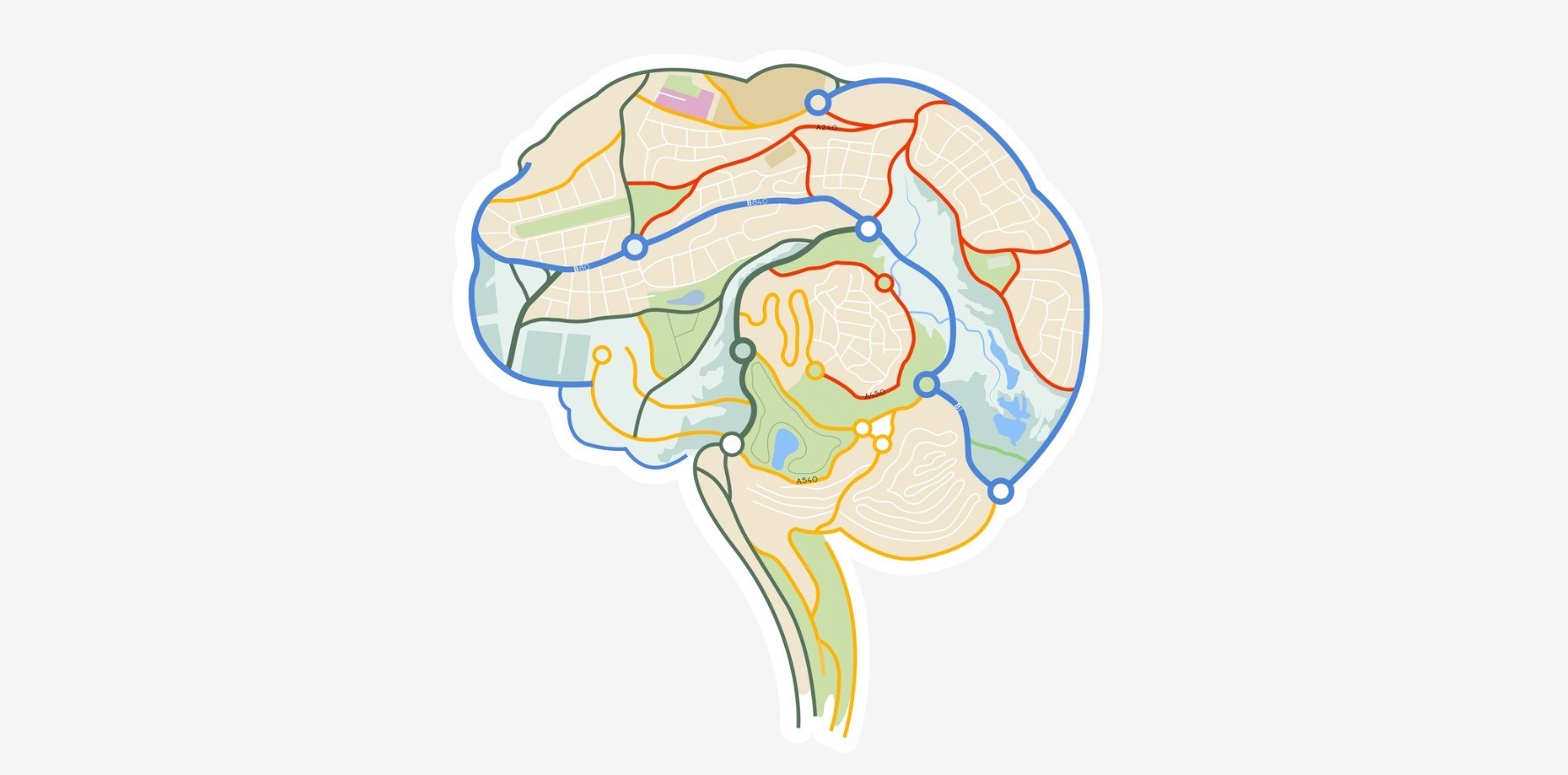This Australian find is characterised by global developmental delay, intellectual disability, hypotonia and gastrointestinal issues.
Melbourne researchers have identified a new genetic developmental disorder and are urging GPs to send patients with certain symptom clusters for genetic assessment.
The yet-to-be-named disorder, which occurs when a variant is present in the tumour suppressant, developmental regulating gene FBXW7, manifests clinically with non-specific symptoms including global developmental delays, borderline to severe intellectual disability, hypotonia and gastrointestinal issues.
The genetic variant was found by researchers at the Murdoch Children’s Research Institute as part of the Rare Diseases Now initiative.
After identifying a candidate gene in a Victorian patient and entering the details of their condition into one of the databases, the team at MCRI turned up dozens of other people who potentially had the same disorder.
“At the mildest end of the spectrum, isolated speech delay and learning difficulties or borderline intellect were observed; only one individual was reported to have no neurodevelopmental issues (but had hypotonia),” the researchers wrote in The American Journal of Human Genetics.
“In contrast, the majority of the cohort had mild to moderate intellectual disability, and severe neurodevelopmental disability was observed in three individuals, including one with an additional diagnosis of familial [calcium production-related disorder] CACNA1A.”
Neurodevelopmental disability was the most frequently observed symptom, followed by hypotonia.
Rare Diseases Now allows children who have undergone genetic testing but remain undiagnosed to enrol in various studies and have their details and clinical features entered in different databases.
“Just through doing that, we matched with all of these people around the world who had submitted their own patients or their own genes to the database,” MCRI clinical geneticist Professor Tiong Tan said.
“Global data sharing is really crucial in being able to identify other people with really rare conditions.”
Ultimately, Professor Tan and his team were able to get diagnoses for 35 people from 32 different families.
“It’s brought them closure and it’s brought them certainty, because they’ve been living with these symptoms all their life, so have their children,” Professor Tan said.
“They’ve never really understood why they’ve had these symptoms, so when it finally got diagnosed there’s this sense [of relief] that there is actually an explanation for the symptoms.”
The research team, led by Murdoch Children’s Research Institute biologist Dr Sarah Stephenson, noted that the neurodevelopmental phenotype of the newly discovered disorder had substantial clinical overlap with that of FBXW11.
“Areas of overlap include mild to severe neurodevelopmental disability, speech and language delay, micro- or macrocephaly, and brain anomalies, including corpus callosum hypoplasia, dilated ventricles and white matter atrophy,” they wrote.
“However, in contrast to individuals with FBXW11 variants, those in the FBXW7 cohort did not commonly display autistic and/or stereotypical behaviours, psychiatric features, or ocular abnormalities.”
While there was no recognisable facial gestalt, around a quarter of the individuals diagnosed with FBXW7 variations had deeply set eyes with upper eyelid fullness.
Other craniofacial features observed in some of the patients included cleft or high palate, midface retrusion with class III malocclusion and a tall or broad forehead.
“Besides [the deep-set eyes], there wasn’t much else to [physically] link all the patients,” Professor Tan said.
“It’s a pretty nonspecific feature of the face and, even then, we only found that in less than a third of people.
“Because it’s so nonspecific, you really need that genomic technology in order to scour through all of their genetic data, find a candidate gene, and then link it to other people around the world.”
Professor Tan said the discovery of the new disorder highlighted the importance of referring patients on for genetic testing.
“The practical takeaway from this is that if a GP sees a cluster of symptoms occurring in the same family, such as learning difficulties or intellectual disability, and even nonspecific things like chronic constipation feeding difficulties or low muscle tone, they could think about the possibility of there being a genetic condition involved,” he said.




